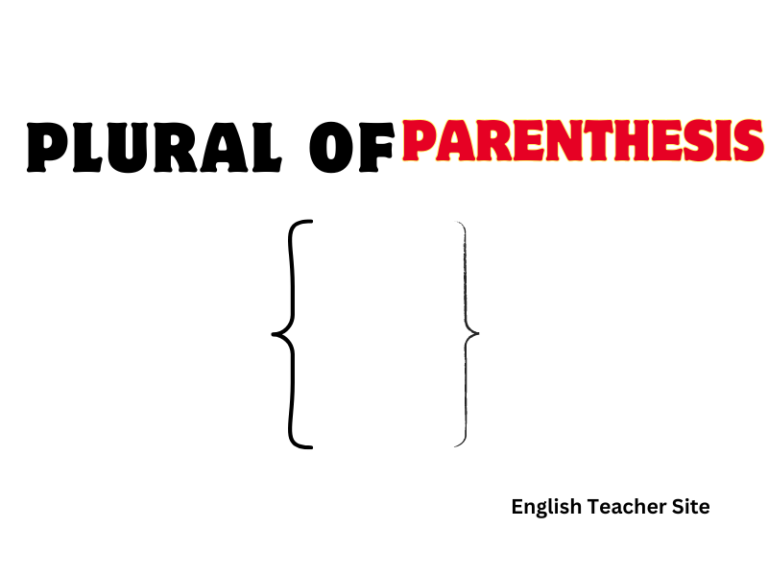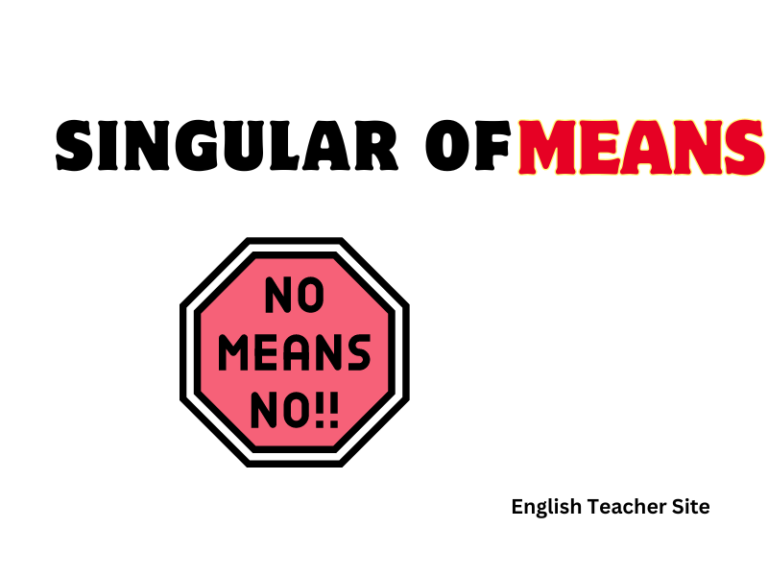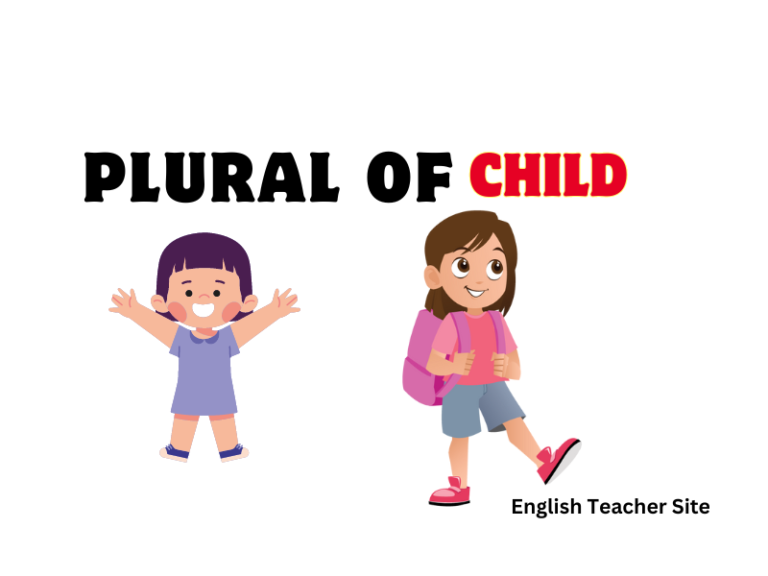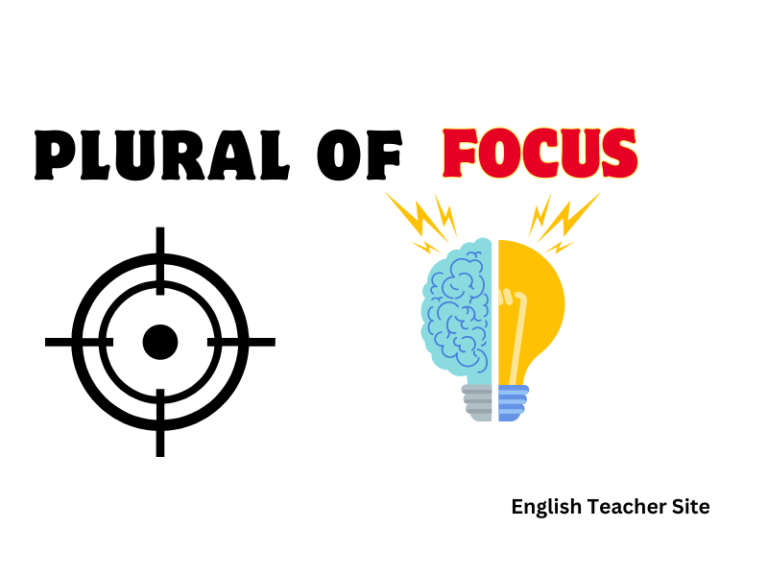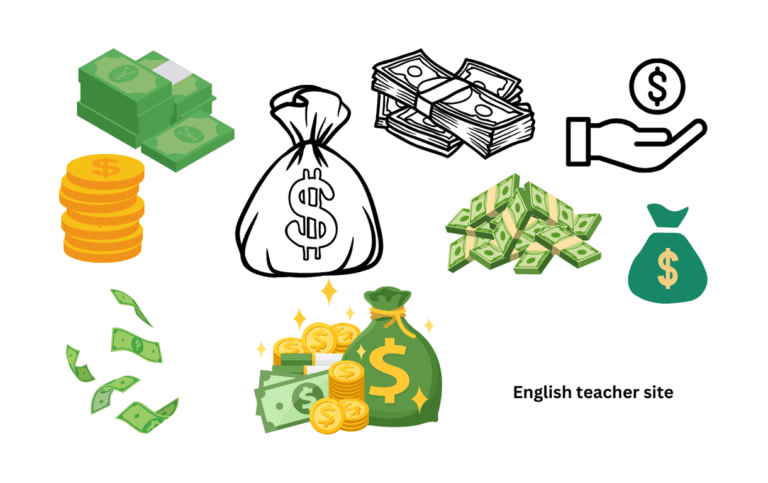What’s the Plural of Beau? Unveiling the Correct Usage
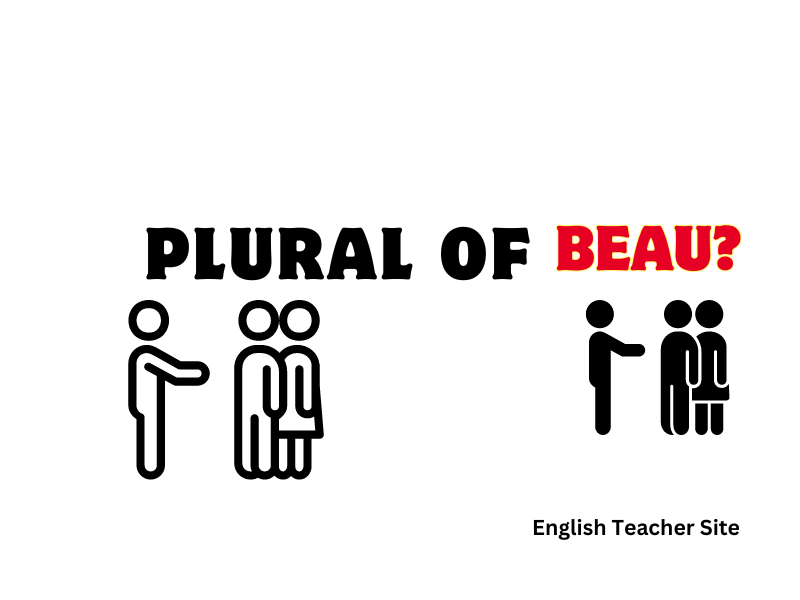
- “Beau” has two acceptable plural forms: “beaux” and “beaus.”
- The word “beau” signifies a male sweetheart or admirer.
- Both plural forms can be used, reflecting adaptation to either French or English pluralization rules.
Despite “beau” being singular, when one refers to more than one admirer, both “beaus” and “beaux” are acceptable. This reflects the word’s unique characteristic of having two recognized plural forms. Not only is this phenomenon fascinating, but it also highlights the dynamism of language and its ability to adapt foreign elements. When using “beau” in sentences, context and plurality must be considered to ensure grammatical accuracy.
What’s the Plural of Beau?
Originating from the French word meaning ‘beautiful’, it has been adopted into the English language primarily to denote a male admirer or romantic suitor.
Regular and Irregular Plurals
English nouns generally follow a simple pattern in creating the plural form by adding -s or -es. However, French-derived words often retain their original pluralization rules.
Regular Plural
| Singular | Regular Plural |
|---|---|
| beau | beaus |
Irregular Plural
| Singular | Irregular Plural |
|---|---|
| beau | beaux |
Beaus is a regular plural form and is commonly accepted in modern English. Meanwhile, beaux preserves the French spelling and is also correct, providing a more classical or stylized option.
Usage in Sentences
- The debutante was courted by several beaus during the summer socials.
- At the formal gathering, she was accompanied by two dashing beaux.
What’s the Singular of Beau?
When examining the word “beau,” one encounters a term with roots firmly entrenched in French soil. “Beau” voyaged from French to English, bringing with it the singular connotation of an admirer or suitor.
Beau is etymologically derived from the French word beau or bel before a vowel, meaning beautiful or handsome. It is customary for students to inquire about the singular and plural forms of such loanwords. “Beau” in its singular form refers to:
- A male sweetheart
- A boyfriend
- A frequent and attentive male companion
To elucidate, the following table encapsulates the singular use of “beau”:
| Singular Form | Meaning |
|---|---|
| Beau | A singular noun describing a singular male admirer or companion |
It is essential to use “beau” correctly in sentence construction to maintain its intended singular meaning. Witness the application of “beau” in this illustrative context:
- Her beau plans to meet her after the performance.
The term “beau” characterizes a gentleman of elegant appearance or suave manners, often found in literary or refined contexts. The singular “beau” carries a historical nuance of chivalry and courtship, reminiscent of a bygone era where gentlemen callers were addressed as such.
- A beau is traditionally understood as a man who courts a woman.
- The term asserts a singular relationship or interest.
- Linguistically, “beau” sustains its singular meaning without modification in both English and French.
The singular “beau” represents the romance of language, a single word encapsulating the allure and charm attributed to the gentlemen of the past.
What Does the Word Beau Mean?
The term beau refers to a man who is a woman’s love interest. Specifically, it denotes a male escort or suitor.
Here are a few characteristics and related terms for beau:
Characteristics of a Beau:
- Typically well-dressed
- Often polite and attentive
- Usually possessing qualities of a dandy or gentleman
Related Terms for Beau:
- Boyfriend: A common synonym for beau
- Swain: An archaic term with a similar meaning
- Lover: A more passionate connotation
The evolution of language has seen beau used less frequently in modern times, yet it remains a term of endearment and formality. In historical contexts, a beau often exhibited an admirable sense of fashion and manners, terms which you can find further explored at Merriam-Webster.
The use of beau today might carry a historical or humorous tone, emphasizing the gentlemanly aspects of the person it describes. In a sentence, one might say: She awaited her beau with eagerness, ready for the evening’s gala.
Other French Nouns
French nouns commonly form their plural by adding an -s to the singular form. However, this -s is typically silent, and its presence is not indicated in spoken language.
| Singular | Plural | English Equivalent |
|---|---|---|
| le chat | les chats | the cats |
| la fleur | les fleurs | the flowers |
The table illustrates the typical pattern of pluralization. There are, though, notable exceptions to this rule.
In addition to beau, other French nouns also adopt an -x for their plural form. Specifically, nouns ending in -eau or -au undergo this transformation. For example:
- le château (castle) becomes les châteaux
- le tuyau (pipe) becomes les tuyaux
Furthermore, nouns ending in -al have a distinctive plural ending -aux:
- le journal (newspaper) becomes les journaux
- l’animal (animal) becomes les animaux
Examples of the Word Beau Used in Sentences
In a simple sentence:
- She waited eagerly for her beau to arrive.
Utilizing compound structures:
- Her beau brought flowers, and she gave him a warm smile in return.
Within complex sentences:
- When her beau, who was often punctual, arrived late, she began to worry.
Featuring beau in a question:
- Is that gentleman your new beau?
To visualize the context in which “beau” might appear, consider the following tables that list sentences according to the relationship stage:
Early Relationship Stages
| Situation | Sentence Example with “Beau” |
|---|---|
| First Date | She was nervous to meet her beau for coffee. |
| Meeting Friends | He introduced his beau to his closest friends at the party. |
Established Relationship Contexts
| Situation | Sentence Example with “Beau” |
|---|---|
| Celebrating | She planned a surprise party for her beau’s birthday. |
| Relationship Issues | When her beau forgot their anniversary, she felt disappointed. |
- She reminisced about her younger days and the beaus she had known.
- Every one of her friends liked her beau because of his kind nature.
- During the dance, several beaus vied for her attention.
Examples of Beaus/Beaux Used in Application
Here are two tables outlining the usage of both plural forms in different contexts:
Table 1: Usage of “Beaus”
| Context | Example Sentence |
|---|---|
| Social Events | The debutante was admired by several eager beaus. |
| Literature | She reminisced about her beaus from years ago. |
| Contemporary Usage | There were numerous beaus vying for her attention at the party. |
Table 2: Usage of “Beaux”
| Context | Example Sentence |
|---|---|
| Historical Reference | In the 19th century, a lady might have several beaux calling on her. |
| French Influence | Keeping with her French heritage, she preferred the term beaux. |
| Formal Writing | The novel featured a cast of distinguished beaux. |
In sentences, we might observe:
- At the ball, the countess was accompanied by two distinguished beaux.
- In the Jane Austen novel, each of the young ladies had multiple beaus from which to choose.
Beaus:
- During the dance, she was never without a beau at her side.
- Historical letters often reveal young women discussing their various beaus.
Beaux:
- The film set in France during the 17th century highlighted the heroine’s many beaux.
- In the realm of high fashion, designers often cater to a woman and her beaux.
Origin of the Word Beau
In the English language, the term beau refers to a male suitor or admirer. It’s a word that brings to mind images of gentlemen from bygone eras courting ladies with gallantry and charm. But where exactly does this term come from?
Table 1: Etymological Roots of ‘Beau’
| Language | Word | Meaning |
|---|---|---|
| French | beau | Beautiful, fair |
| Latin | bellus | Handsome, fine |
French Influence: The word beau made its way into the English lexicon, stemming directly from the French term beau, with roots in Old French as bel. This term encapsulates not just physical attractiveness but also an agreeable nature.
_Latin Origins: Looking further back, the French word traces to the Latin bellus, which also conveys notions of beauty. Latin’s influence on romance languages like French has long been a conduit for words entering English.
- 1720s Debut: Historical records pin the introduction of the word beau into English around the 1720s. It quickly took on the specific connotation of a male escort or admirer, distinct from its broader French meaning.
Table 2: Evolution of ‘Beau’ in English
| Century | Usage in English |
|---|---|
| 18th | Male suitor, focusing on courtship and social standing |
| 21st | Still used with a nod to its historical romantic usage |
Throughout its history, the use of beau highlights a fascination with European, particularly French, cultural refinement which has permeated English social customs. The word beau is thus a linguistic artifact, embodying a particular social and cultural charm.
In the contemporary context, beau retains a somewhat antiquated flair, often evoking the image of a bygone era. It continues to be utilized more in literary and historical references than in everyday conversation where simpler terms like boyfriend or partner might be preferred.
Sources
My name is Khamis Maiouf. I am the creator of the English Teacher Site, dedicated to providing valuable resources and insights for students around the world. With a passion for education and a commitment to helping students enhance their skills, I aim to make English teaching more effective and enjoyable for both educators and students.

